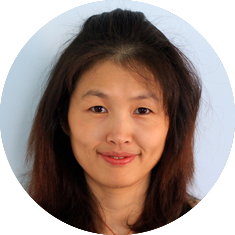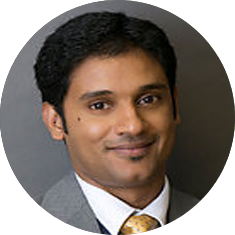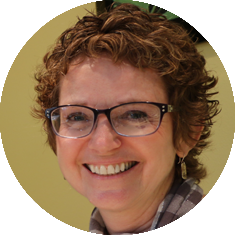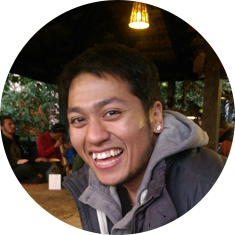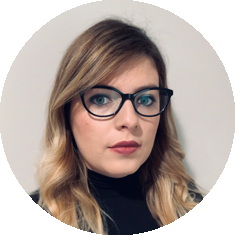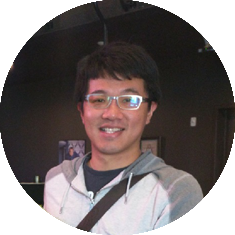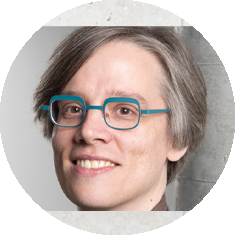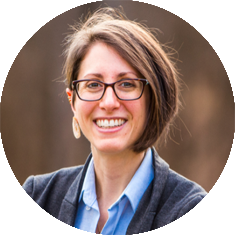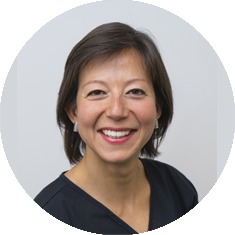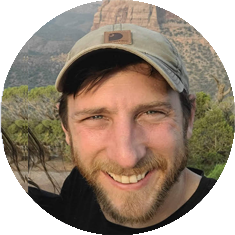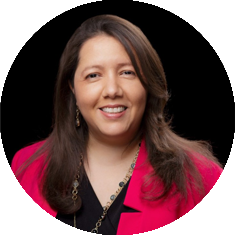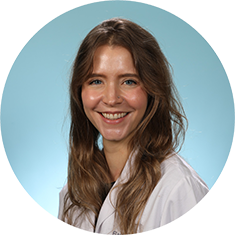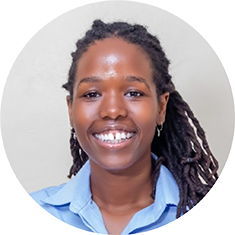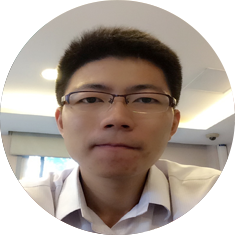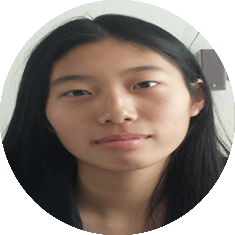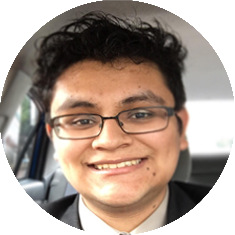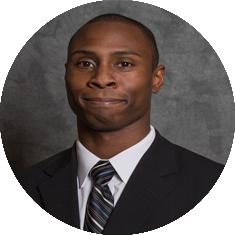Enable medical practitioners in resource-constrained areas to maintain competence and improve patient care by providing access to cutting-edge medical literature.
Physicians, physicians-in-training, midwives, nurses, prehospital providers, and community health practitioners in resource constrained areas.

Continuing Medical Education on Stick (CMES) refers to Continuing Medical Education (CME) which are educational activities that help medical practitioners maintain competence, learn about new and developing areas of their field and improve patient care. CME development and utilization faces challenges worldwide because resources are limited and infrastructure for the delivery of healthcare and information is fragile. Based on interviews with medical practitioners the main challenge to CME utilization in resource-challenged countries is: lack of funds to travel to conferences or buy CME programs; lack of local CME credits for continued licensing: and lack of mentors to inspire continuing medical education after graduation. This results in localized medical practices with great disparities between urban and rural areas. Overcoming these obstacles requires novel approaches to delivery beyond printed and digital mediums, human agency and off-site training.
We developed CME on a Stick (CMES) which is an auto-running USB drive with CME content and OS-like functionality and CMES-Pi which is a Raspberry-Pi unit enabling CME access via our smart phone iOs or Android apps. Medical practitioners, including community health providers, nurses, midwives, medical students, mid-level providers and physicians in both urban and rural areas utilize CMES to access free educational content and materials.
CMESworld.org wants to learn more about physicians’ access to educational resources in your area. Your response will help us better understand your CME needs and provide you with relevant CMES solutions.
The survey will take less than 10 minutes to complete. Your answer is anonymous and your completion of the survey is voluntary.

